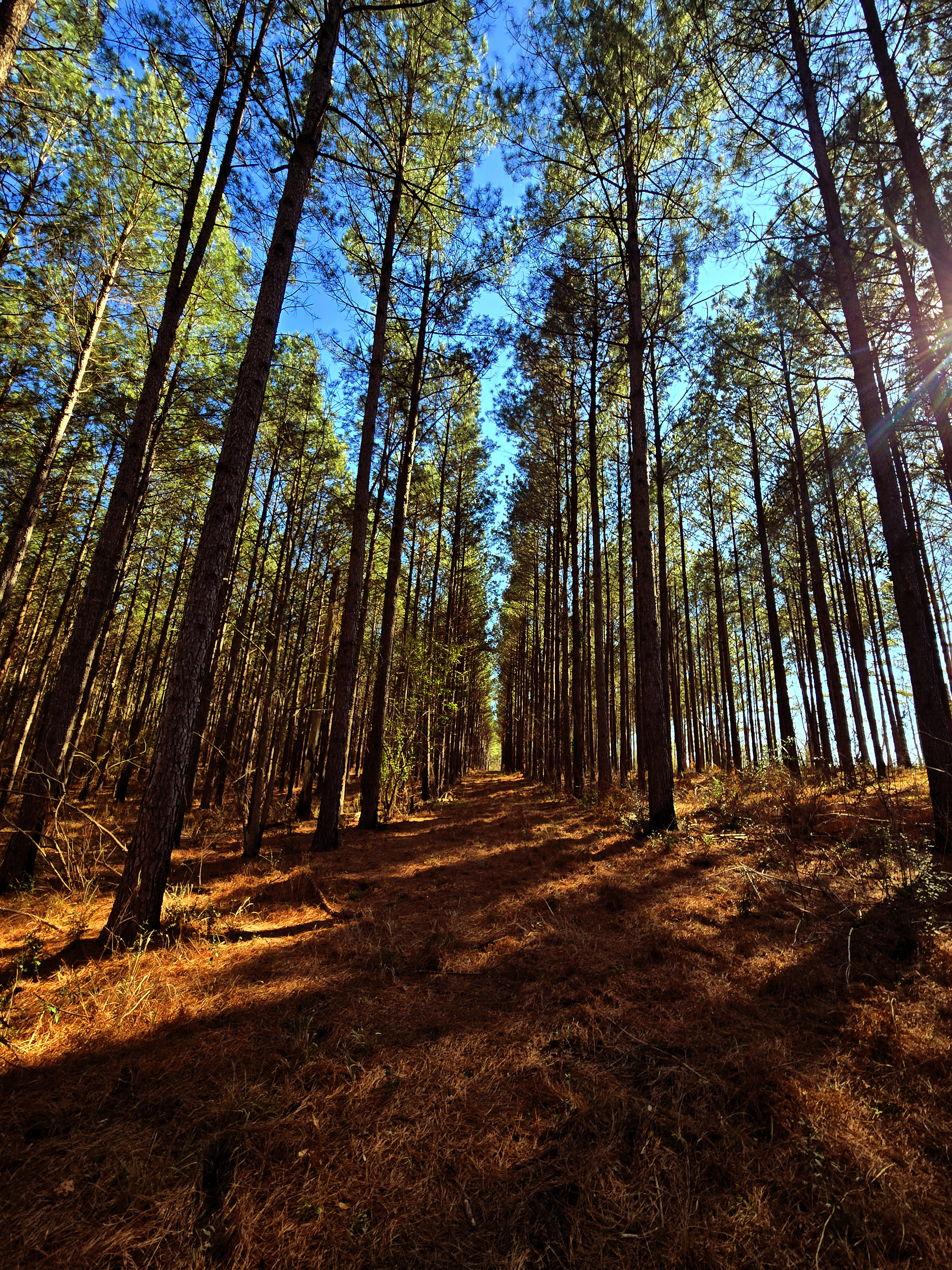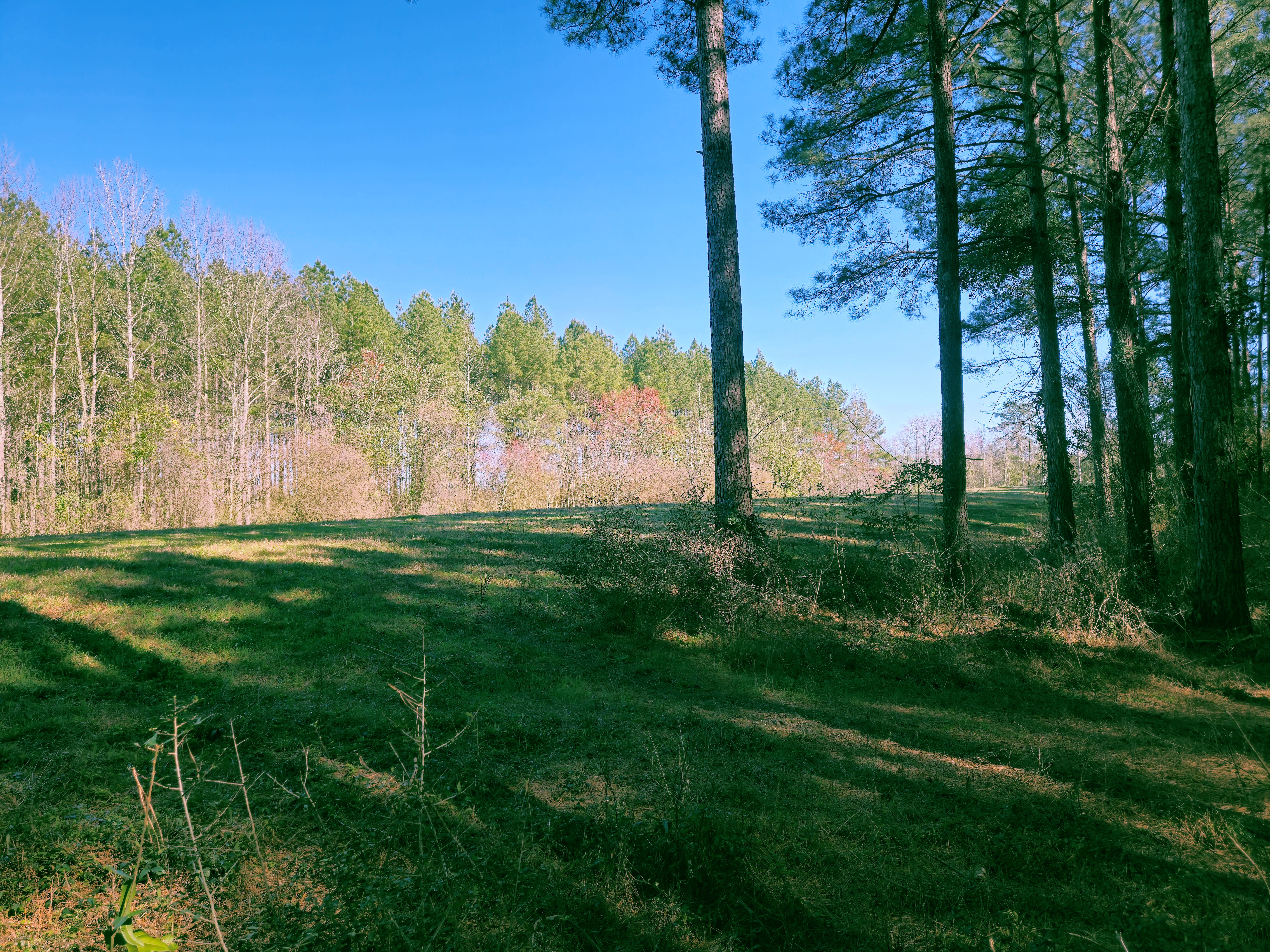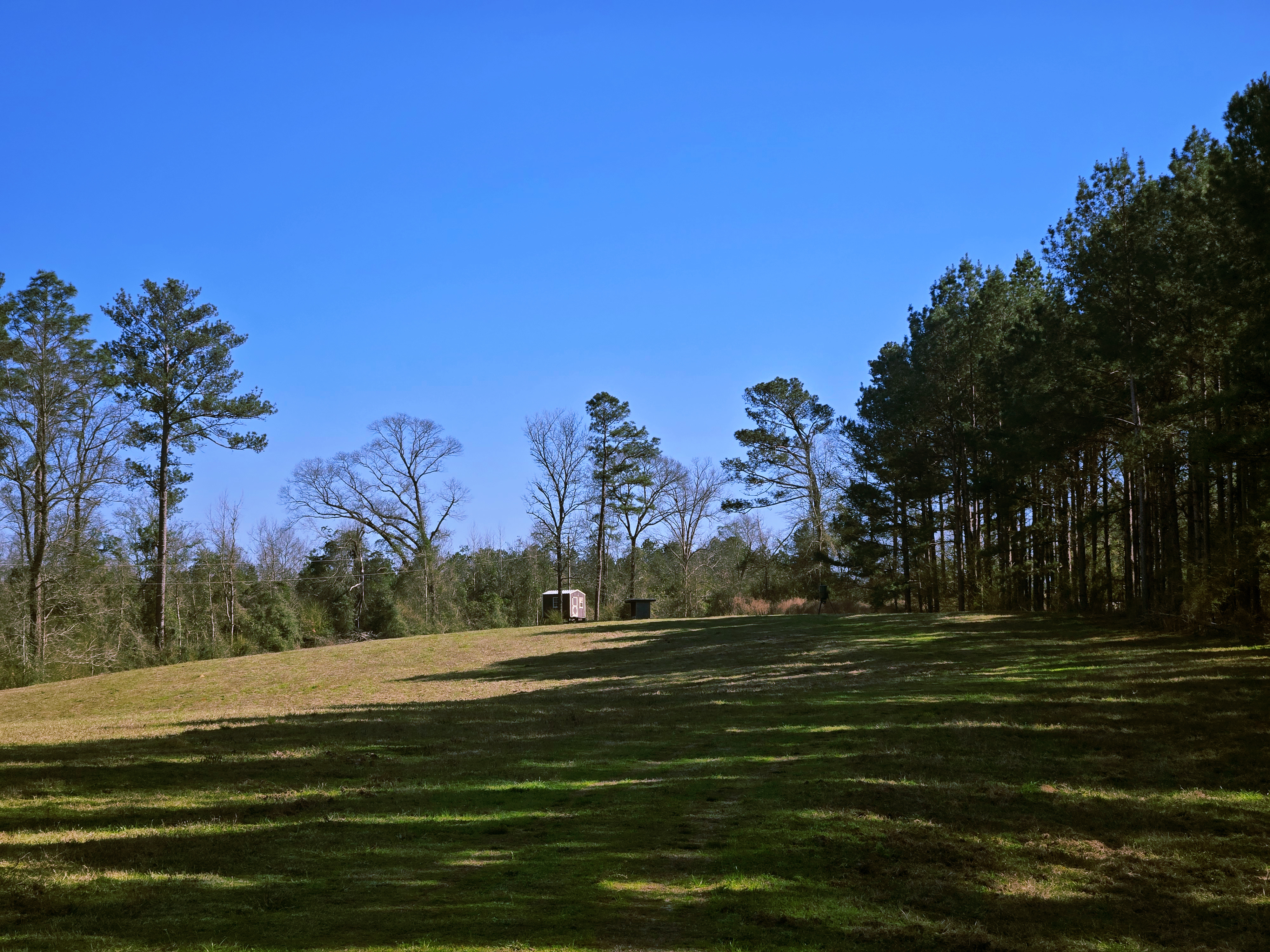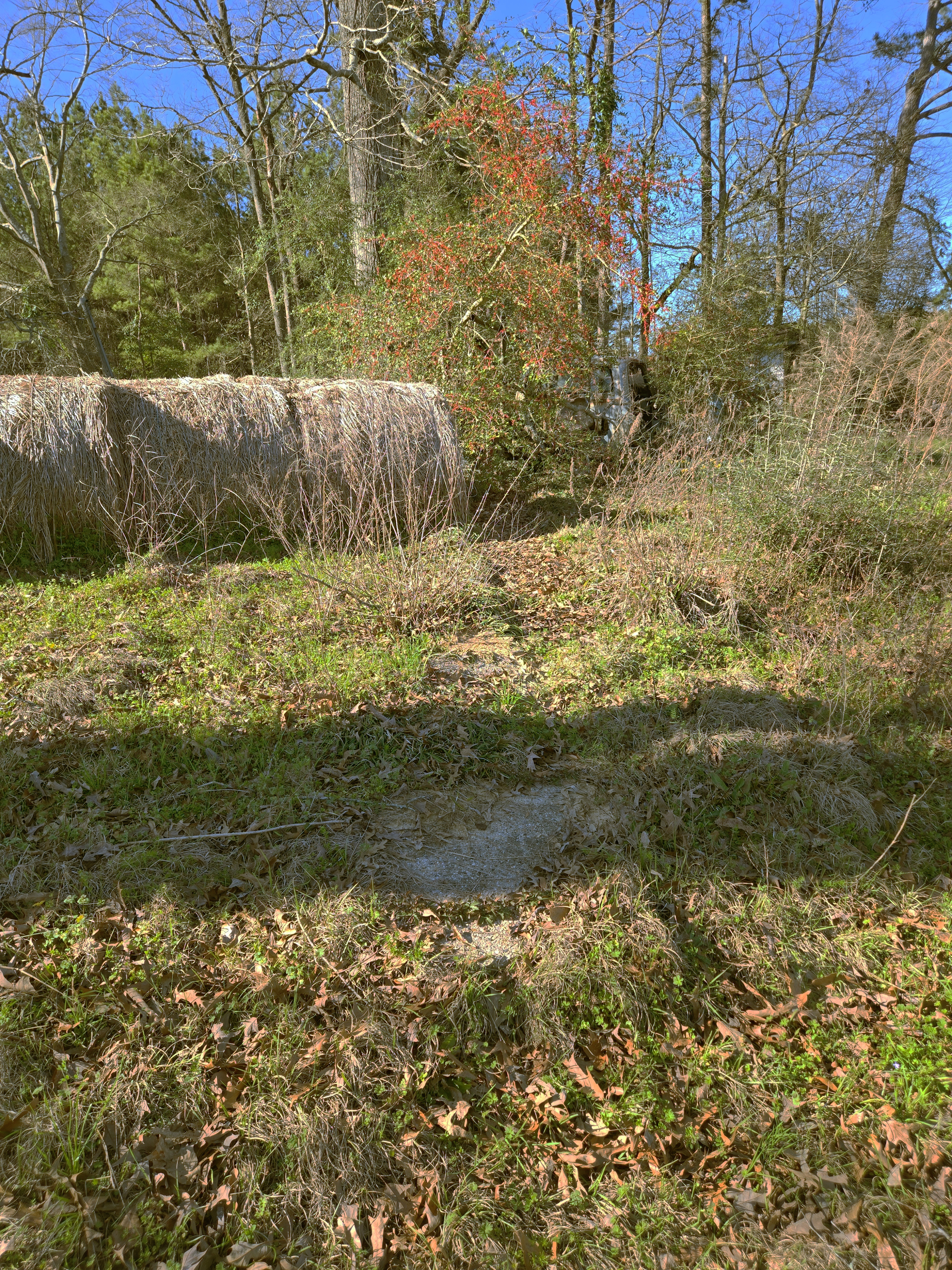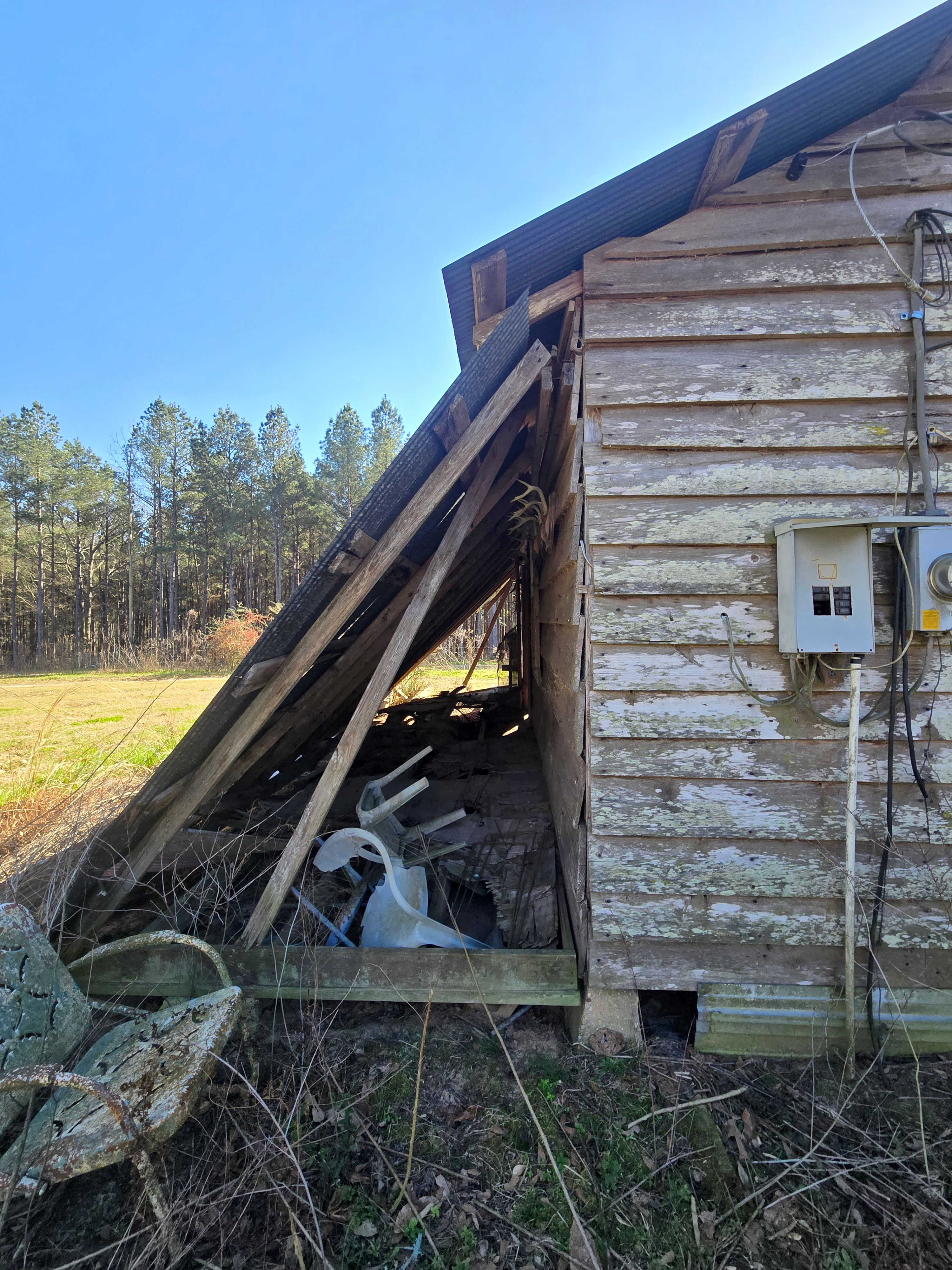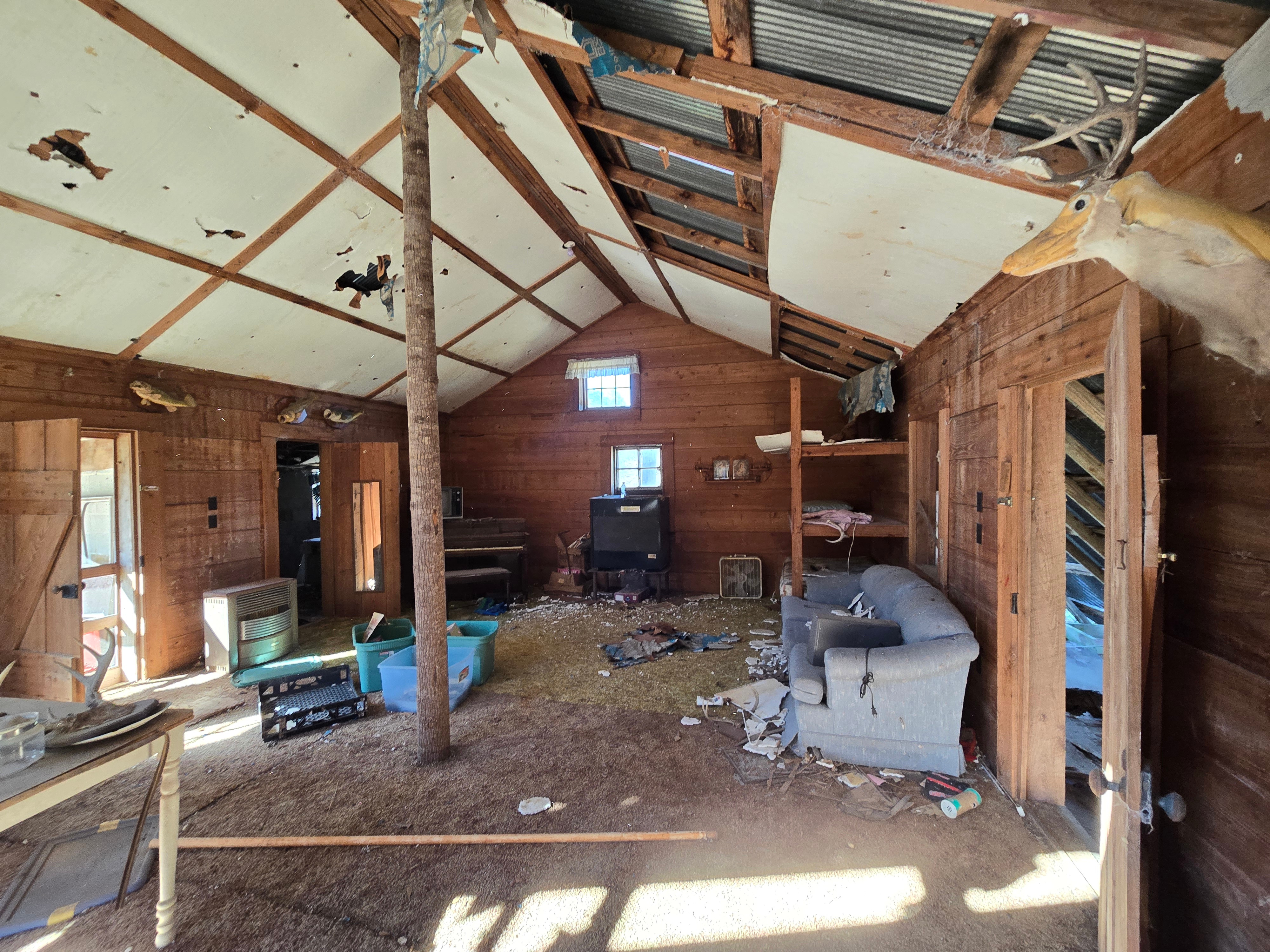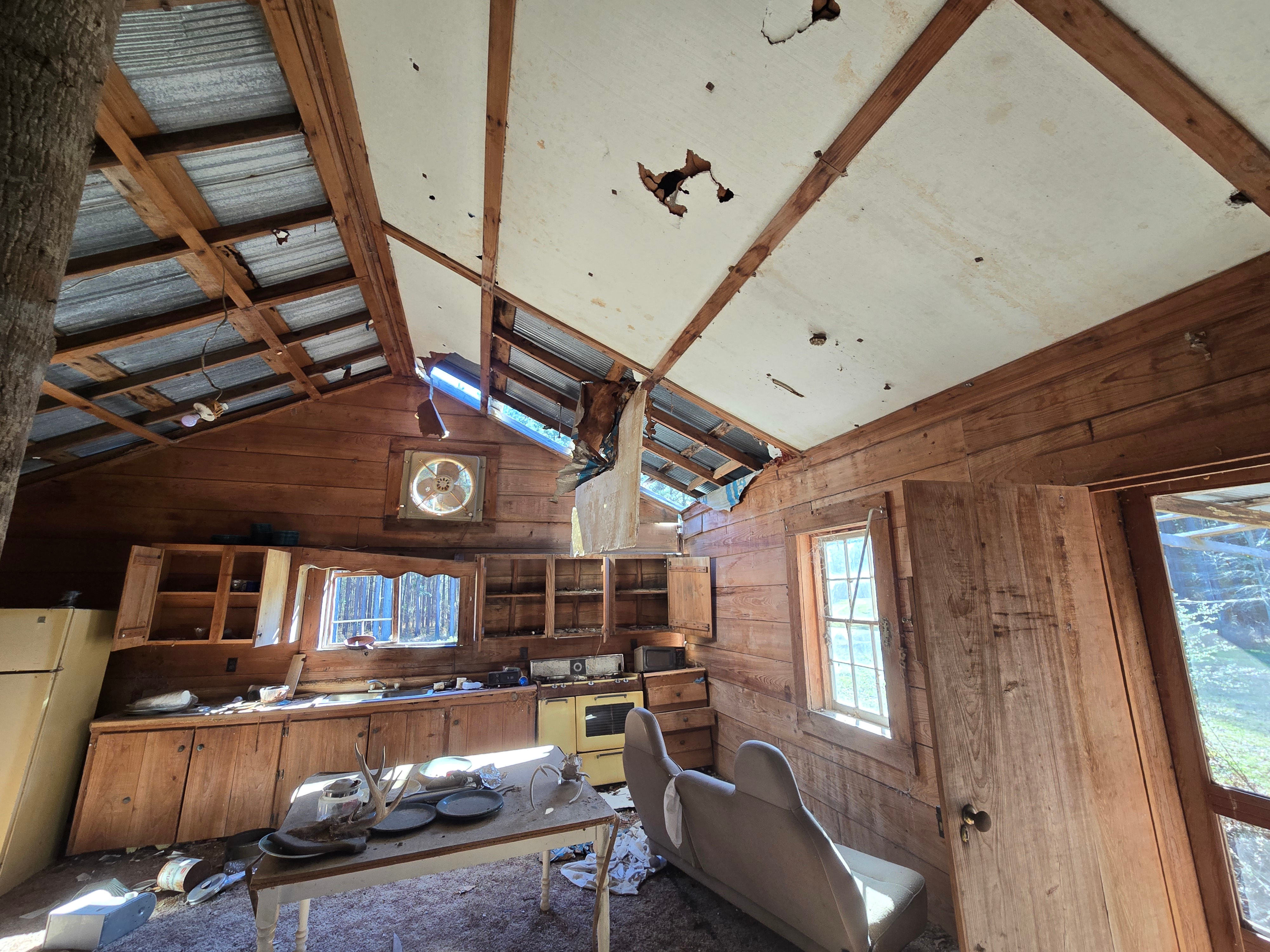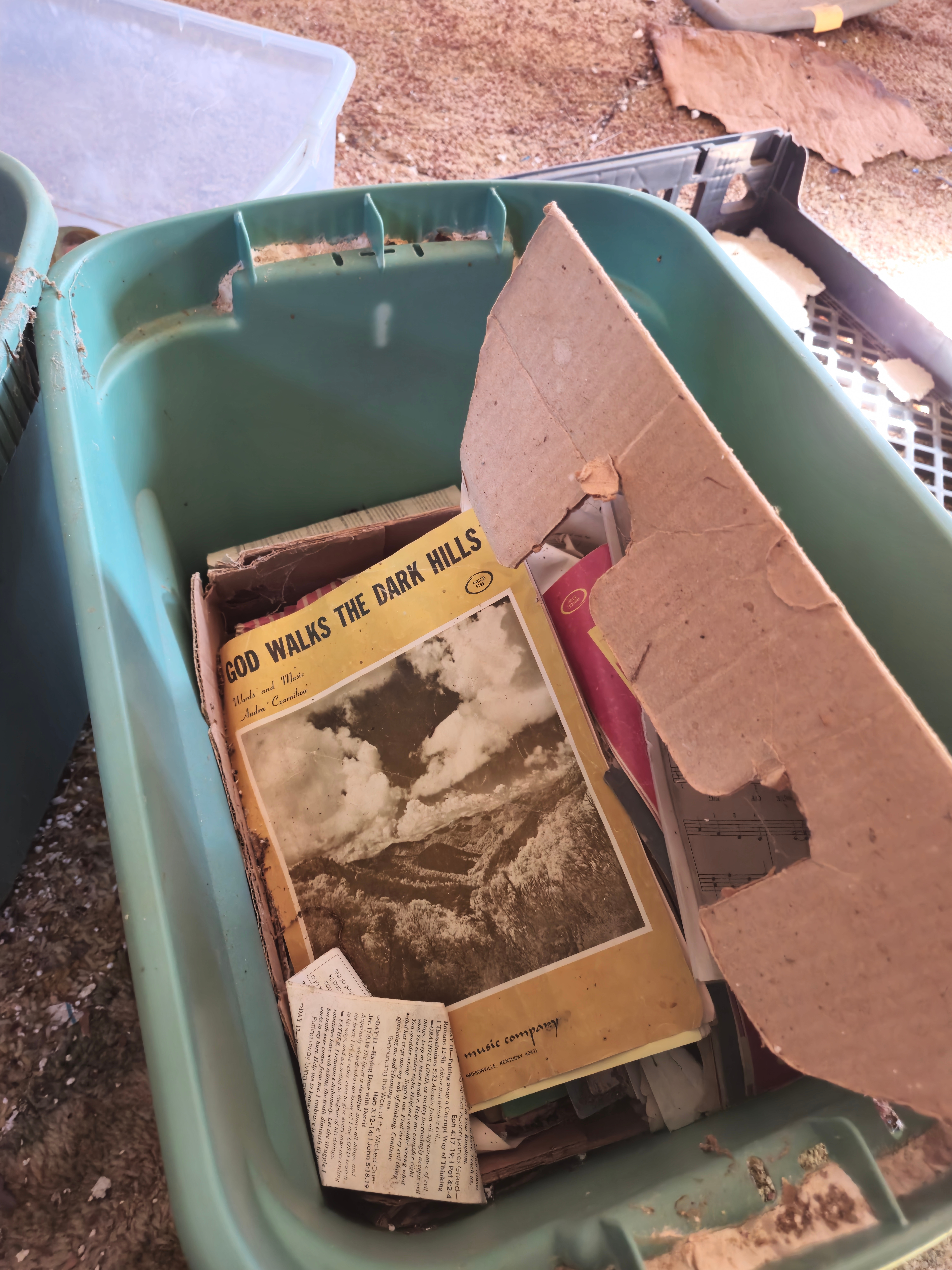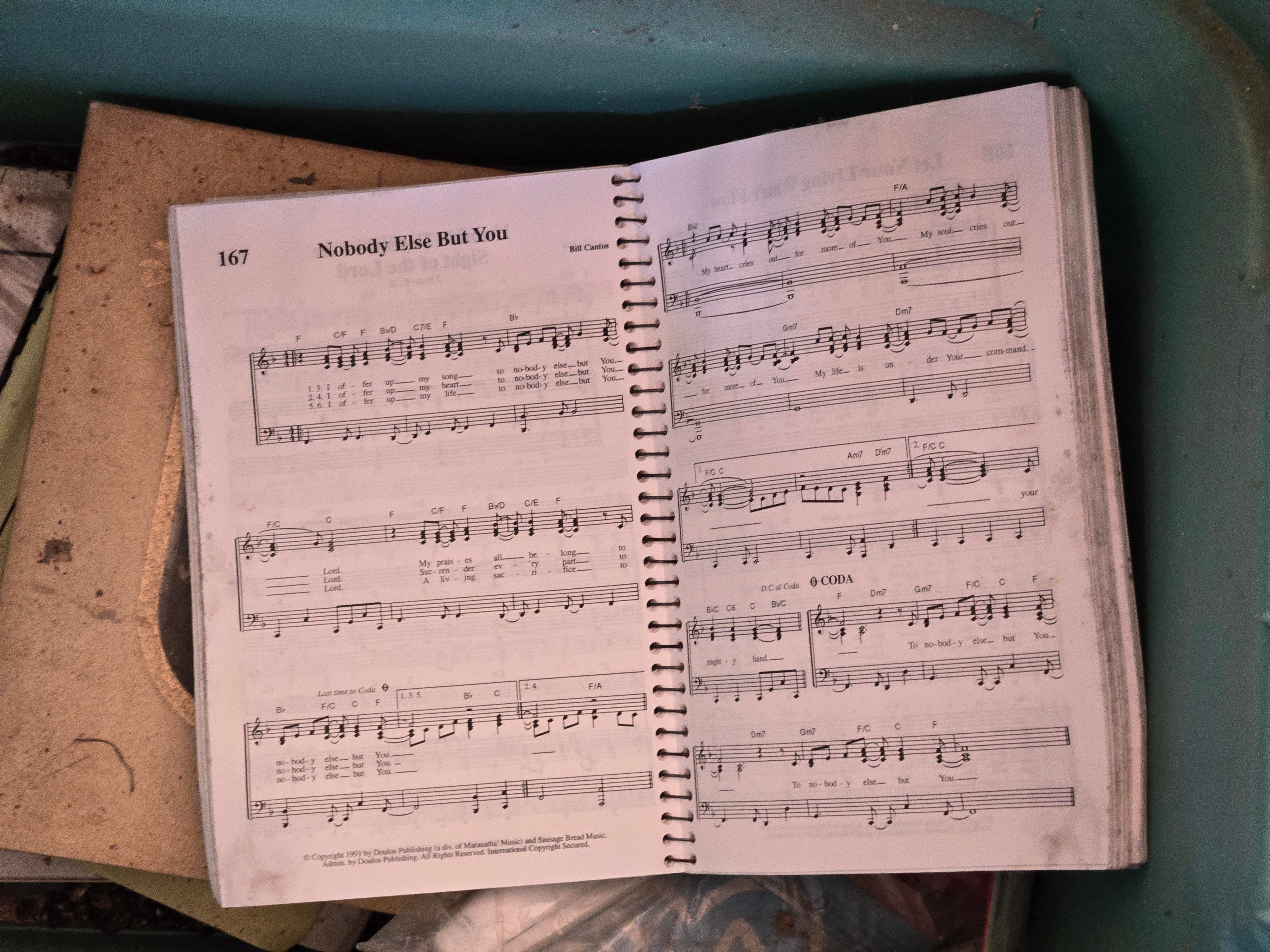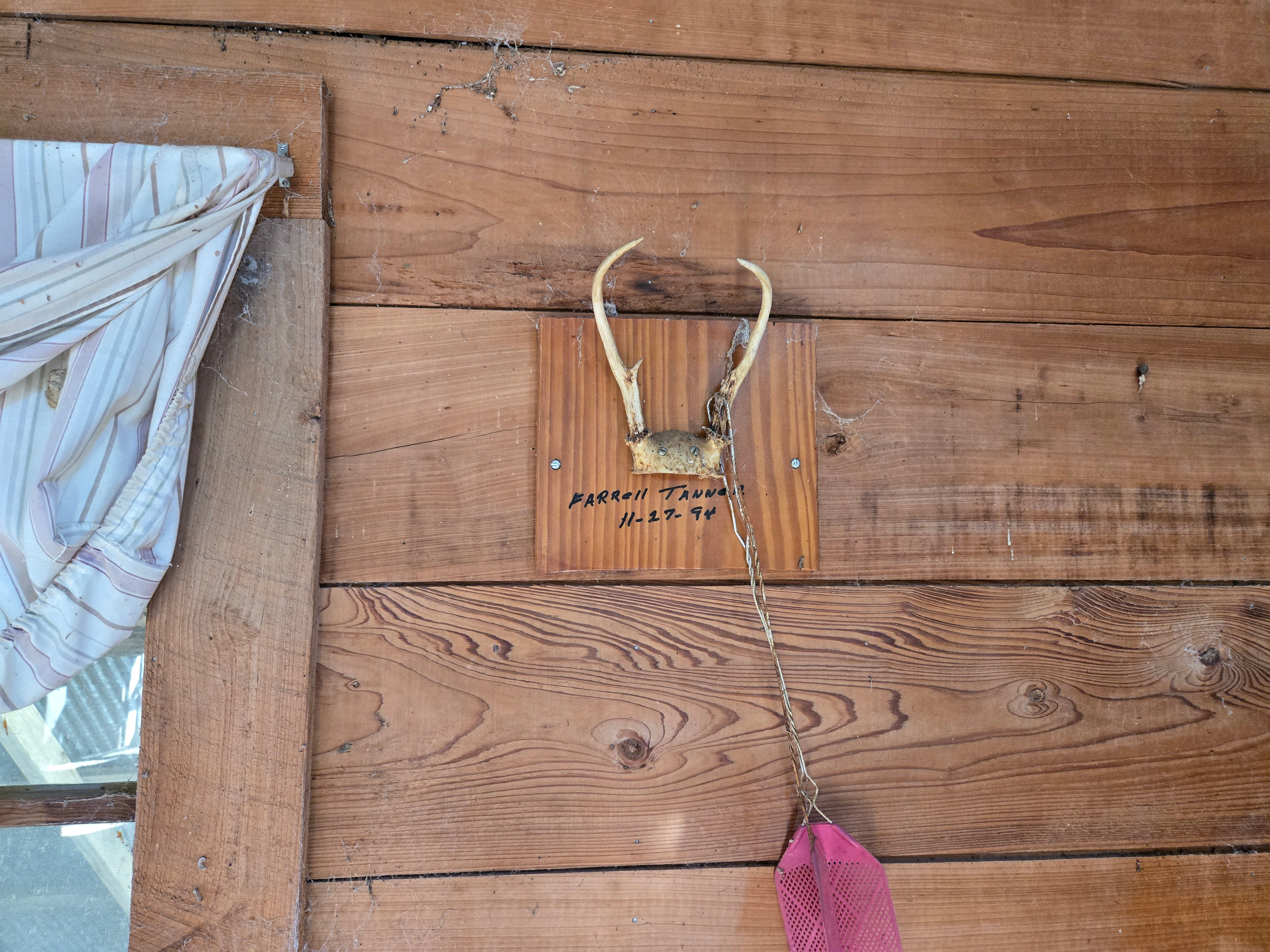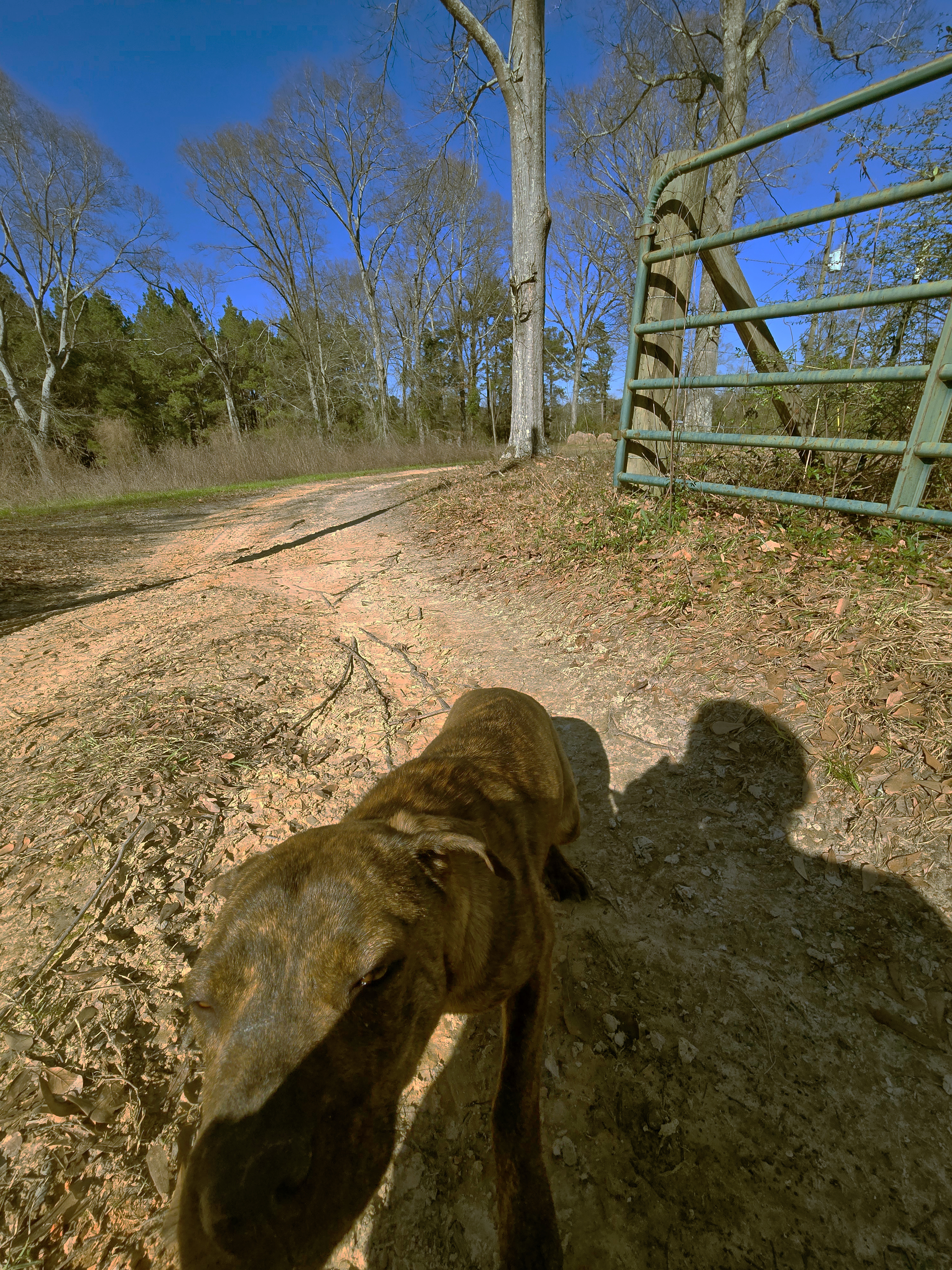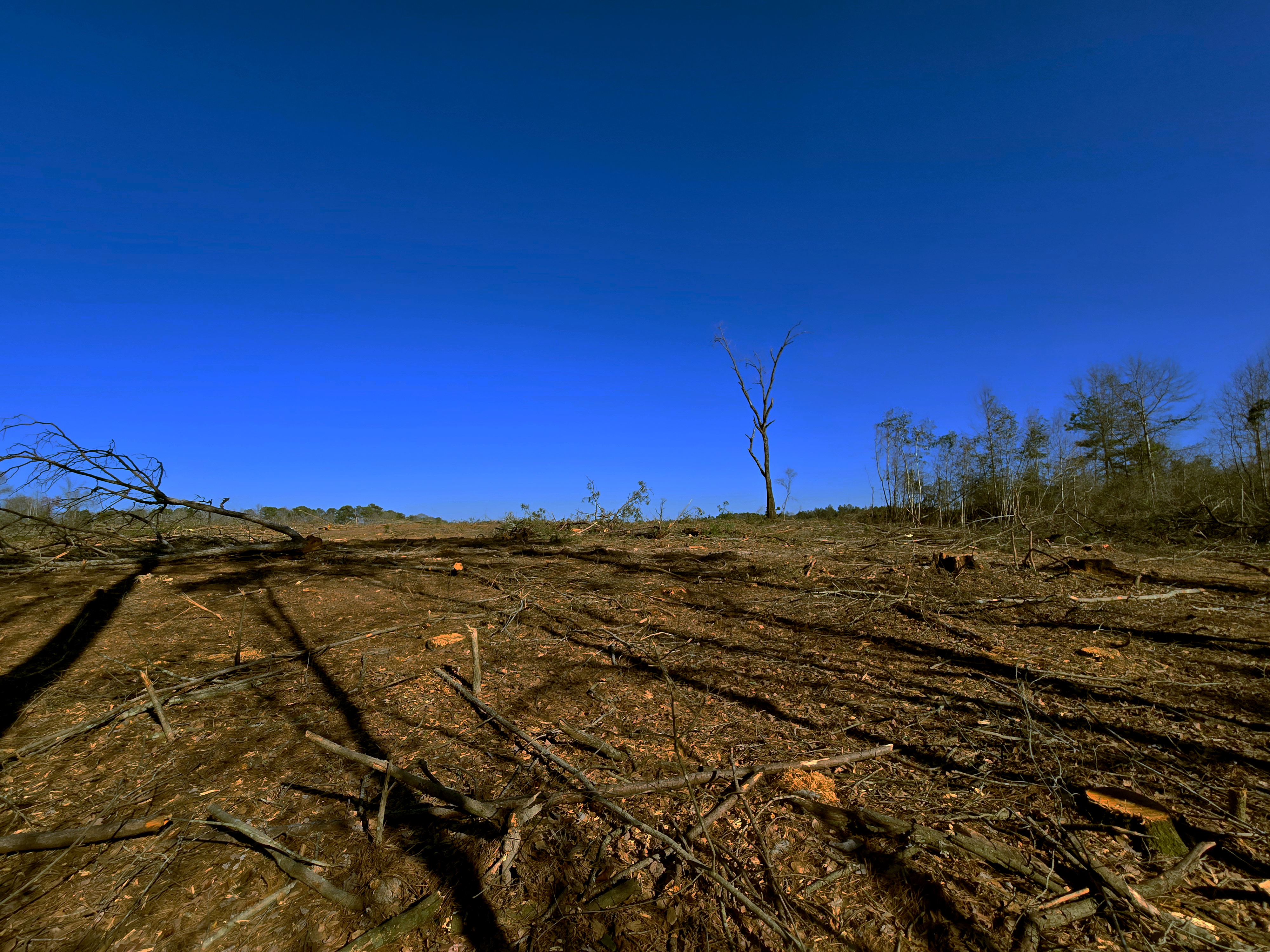9 minutes
Leveled
The woods that I grew up in are as good as gone.
It’s not that I thought they would last forever, but that their disappearance was still so nonchalant. Of my many jobs, one is as a hand for my dad on a farm less than a mile from where my childhood trailer was. A couple weeks ago, I arrived at the farm and was greeted by the sounds of howling skidders and chainsaws. Without so much as a nod to myself, my brother or my sister, my dad sold half of the family’s land to a logging company. I was only told that morning when I noticed the noise and made a point of asking him.
I didn’t react in the moment that he told me, mostly because I didn’t have a reaction to offer. Instead, I waited for him to leave before I ducked out of my work and disappeared. I hiked through the woods that connected the farm to the old trailer homestead, taking pictures as I walked. The land has changed a lot since my childhood, though it is still recognizable as what I once ran through as a single-digit aged child. What was once wild growth of hardwood trees interleaved by vines, bushes, and briars was now neat rows of softwood pines with random patches of undergrowth.
As the sounds of logging increased, I came to the first of a couple breaks in what was left of the thirty year old pines. The clearing appears as a blue streak against the brown colored bark that is the norm that deep in the forest.
Once reached, the break opens up to reveal a ryegrass planted path along a finger that travels from hill to hill. Decades ago, this was a narrow trail, canopied by oak and muscadine vines, but now stands as a wide path that snakes along between sections of the trees.
The sounds of sawing and falling continued to rise as I passed through the grass growth along the finger protruding from the clearing. There’s a sudden change in mood as you cross the now-invisible line where the fence once marked my back yard. My dad’s old ham radio shack is the only structure that is left standing in what used to be a collection of fiberboard and tin buildings. The rusted pulp wood truck that bought the ham radio now sits where the trailer once sat, a concrete sidewalk that my grandfather poured leading up to the passenger door.
The sidewalk’s form is now covered by long-dead grass and weeds, but if you look closely, you can make out the monkeygrass that my mother carefully cloned off of her own mother’s plants. It leads, almost sarcastically, to the passenger door of the truck, seeming to invite you to jump inside and try to drive off. Twenty-five years ago, I would have been sitting on a milk crate screwed down to the steel floor in leu of a seat as my dad played cassettes of classic rock on a boom box in the floor, all over the sound of the worn out motor. Now, shrubs take my place, slowly pulling the empty spot where I once sat apart through the unstopping growth of wood and leaves.
The Old Cabin
I kept following the noises to the northwest section of the land, where an old cabin that we used to spend weekends and hunt out of sat. Now, it’s more of a monument to entropy. The front porch that I once shot pellet rifles off of is collapsed over the plywood and cinder block floor that held it up all those years ago. I made a diversion from my goal of the logging site to see where I spent my first birthday. The building is still intact, to a small degree; enough that I was willing to trust my feet to the frame and carpet that makes up the floor.
In the corner sat an old dilapidated upright piano that hasn’t made music in decades, now acting as a stand for a long-dead television that once played episodes of The X-Files and TNG. The bunk beds that were once covered in thin mattresses with Star Trek sheets now look more like a survivalist’s cupboard built from plywood and scraps of two-by-fours. The old sofa that I once sank into as a kid sat almost unchanged in front of the window I opened and dove through as an 8 year old. The floors were covered in shredded insulation from the countless storms that ravaged this building since it was maintained. Where it once sat is now open sky.
On the floor, old plastic tubs held religious books, someone’s abandoned journal, and an old hymnal. From the context, I guessed it was my grandmothers. The handwriting matched and she’d played piano in her church.
I decided to leave it as it was. If she didn’t want it, I wasn’t going to push it on her. She had the tendency to horde and I wasn’t about to encourage that.
I stood back and surveyed the inside of the doomed building. The back window was missing a corner, the old cupboards and refrigerator lay open, deer horns from a time before Facebook and electric cars stayed nailed where they were in the 90s, holding an old flyswatter from some time between then and now.
In all, it stood the test of time well (or at least better than I expected). Ordinarily, I would have found solace in that fact, but now, with the screaming motors and chains in the background, I felt more like a grandchild as he watches a senile elder attempt to make out the faces of the strangers around his bed. This building was dead years ago; what I was seeing then was just the shell that once held what it was. In not too long, that would be gone too.
It was now late in the day, and a short wait later, the sounds of logging died down. I watched from a distance as the loggers collected their tools and drove away. With the shadows long, but the sun still high enough in the sky for good pictures, I made my way out of the building and toward what remained of my childhood forest.
Virgil
As I walked toward the border between what had been logged and not, I caught motion from the corner of my eye. What I saw was a small brown dog, an apparent pit bull mix of some kind, shuffling her way toward me with her tail tucked between her legs. She was a spitting image of a dog I’d had when I lived here, almost like she’d just fallen through a portal and found me decades later. Hobo was the first dog that I remember being part of my family, and just appeared out of nowhere like this one did. My guess is that she’s a descendant of that same family, maybe even a direct descendant of Hobo.
I tried a few names before settling on Virgil, the moniker she seemed to respond to best. Regardless of the name, she glued herself to my side for the rest of the walk, occasionally rolling over and demanding belly rubs. She watched me closely, hanging on every possible change in emotion and direction.
When we met the wall of consumption, Virgil felt what I did.
The Wall
From a bird’s eye view, the logging would have looked like a blight; a slowly expanding colony of some growth that moved out in all directions. Where I met the work was a a fence that left a sharp line between the touched and untouched land. They made short work of their charge. What was once the almost-magical forest that I feared and explored as a child was now more reminiscent of No Man’s Land from the first World War.
There weren’t even stumps left, really. The trees had been cut so close to the ground that you would have to look hard to find them through the debris of twigs and soil. In the distance, a lone tree stood, not a solem victor against the onslaught, but the only tree not worth taking.
Over the hill, I found my way down to an old artesian well that I once drank out of. Now, it was muddy and stagnant. The well would probably never provide again. A decade ago, I walked through these woods in search of a deer I’d shot and later, in search of an old tree that my father showed me as a child, then with my own son in tow. I found its stump and stared down at it for a minute. In child my mind, these woods would last forever, but now I stood over a stump of a tree that once greeted four generations of my family.
Virgil approached the stump cautiously, one paw raised at a time as she did. She paused, looked around, then touched her nose to the flat wood surface and jumped back.
“My thoughts exactly.”
She looked up at me, then back at the stump as I jammed my hands in my pockets. We both stared down for a minute before she looked back up at me, asking for some kind of signal to move. I turned to walk away, stealing one last look back at where water once bubbled up from under the ground.
There’s a prequel to The Lion the Witch and the Wardrobe called The Magician’s Nephew. Of all the Narnia books, that one captured my imagination the most as a child. At one point, it describes a magical forest full of springs, each one leading to another world in an infinite multiverse. When I was young and imaginative, I liked to think that our own spring would act as a gateway that would sweep me away to some far-off land full of unicorns and talking lions. Now, reality had come literally crashing down around it and all that was left was a mud puddle.
I made my way back toward the farm as the sun sank under the trees. Virgil bounced alongside as I cut a straight line back to where I originally started. On top of a hill, I caught a flash of light and motion where my dad was arriving from picking up my son. I turned and walked up the hill to see what they were up to.
Behind my dad, my grandfather drove up on a tractor with a plow attached. Over the next thirty minutes, we all taught my son how to plant potatoes. It struck me that he had just turned 9, the same age I was when we started the process of moving away from the homestead. This was his forest on top of this hill, and one day, it would be my choice to preserve that. For now, we have a new farm dog and I can’t get caught up on what has already passed.
